
State Councilor and Foreign Minister Qin Gang. (Photo/fmprc.gov.cn)
State Councilor and Foreign Minister Qin Gang will visit Pakistan from Friday through Saturday as part of the recent and frequent high-level interactions between China and Pakistan, two all-weather strategic cooperative partners and "ironclad friends", the Foreign Ministry announced on Thursday.
During the visit, Qin will meet with the leader of Pakistan, and also co-chair the fourth round of China-Pakistan Foreign Ministers' Strategic Dialogue with Pakistani Foreign Minister Bilawal Bhutto Zardari, a ministry spokesperson said.
China hopes that Qin's visit will follow through on the important common understanding between the two countries' leaders, and further deepen bilateral strategic communication and practical cooperation, the spokesperson said.
Li Qingyan, an associate researcher on South Asia studies at the China Institute of International Studies, said that China and Pakistan have enjoyed great cooperation in various fields such as the economy, politics, military, culture and technology.
This year marks the 10th anniversary of the Belt and Road Initiative and the launch of the China-Pakistan Economic Corridor.
The corridor has become a model of high-quality BRI cooperation, and has "played a key role" in Pakistan's economic development, the researcher said. Also, close China-Pakistan collaboration on multilateral occasions has provided more certainty to a world fraught with turmoil, she said.
Qin will also attend the fifth China-Afghanistan-Pakistan Foreign Ministers' Dialogue during his trip to Pakistan. The dialogue will be yet another foreign ministers' gathering focused on the Afghan issue that Qin will attend in less than a month after his participation in the fourth Foreign Ministers' Meeting of Neighboring States of Afghanistan and other relevant events in Samarkand, Uzbekistan.
China hopes to exchange views with the other two parties at the dialogue on the situation in Afghanistan and on trilateral cooperation, and build up consensus and consolidate mutual trust among the three countries, the ministry spokesperson said.
According to the spokesperson, China also hopes the dialogue will facilitate the three countries' joint efforts to promote peace and development in the region.
China has "made a lot of efforts" to address the Afghan issue through different platforms, including the trilateral foreign ministers' dialogue, and "plays a very positive and guiding role" in helping to stabilize the situation in Afghanistan, said Li, the researcher.
The dialogue is a timely response to Afghanistan's humanitarian and counter-terrorism challenges at a time when the international community is distracted by conflicts in other parts of the world, and is a demonstration of the importance China attaches to the Afghan issue, the researcher said.
Following China's shuttle diplomacy to Afghanistan and Pakistan in June 2017, the three countries issued a joint statement, in which they agreed to establish the trilateral foreign ministers' dialogue. The first dialogue was held six months later in Beijing.












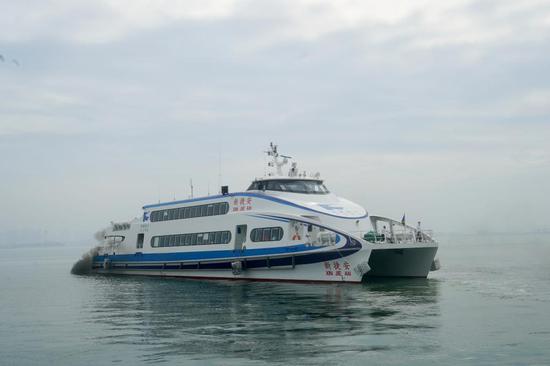
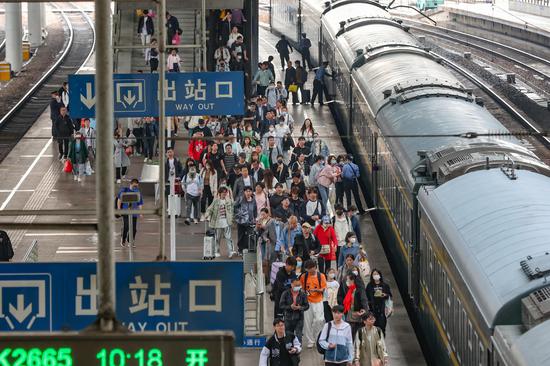

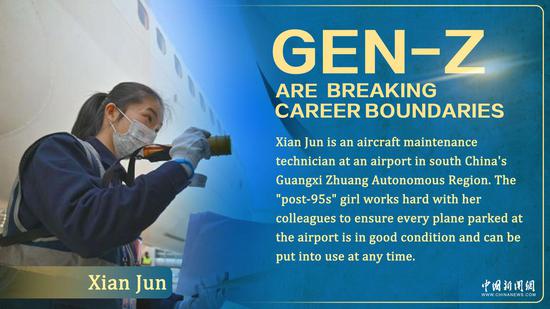
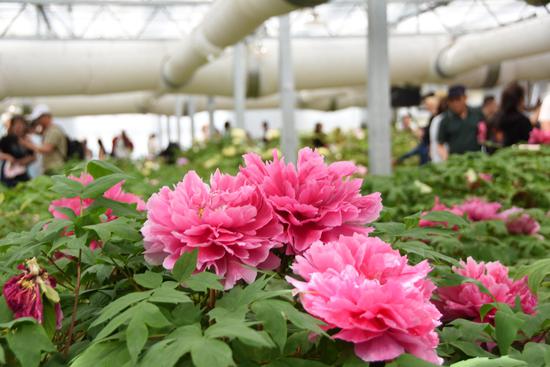


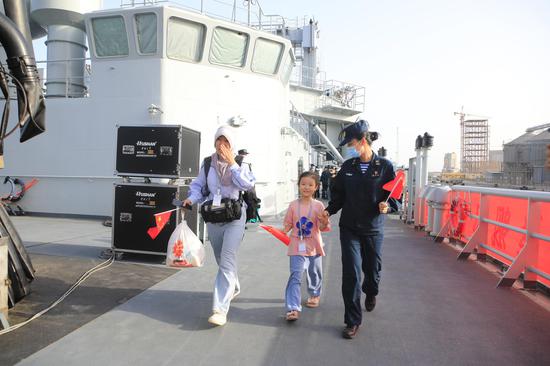

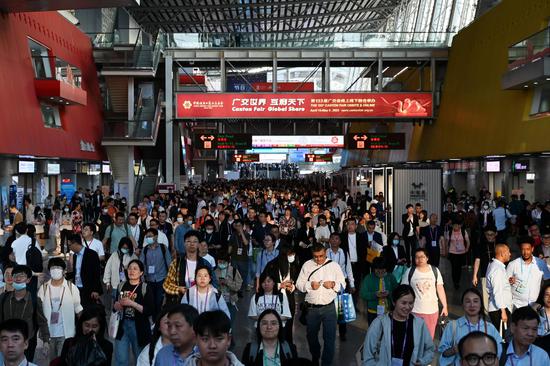




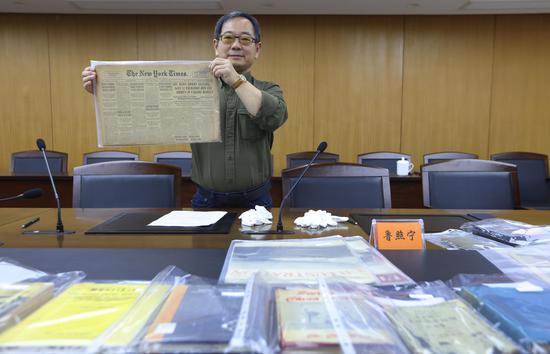






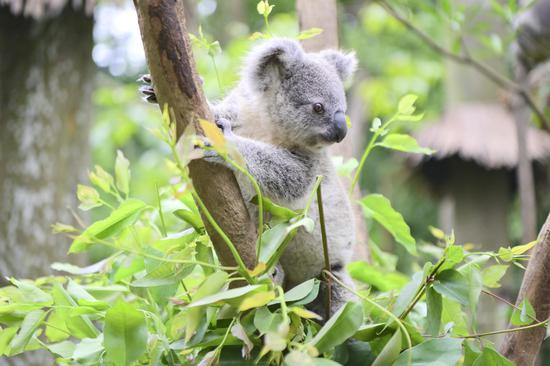







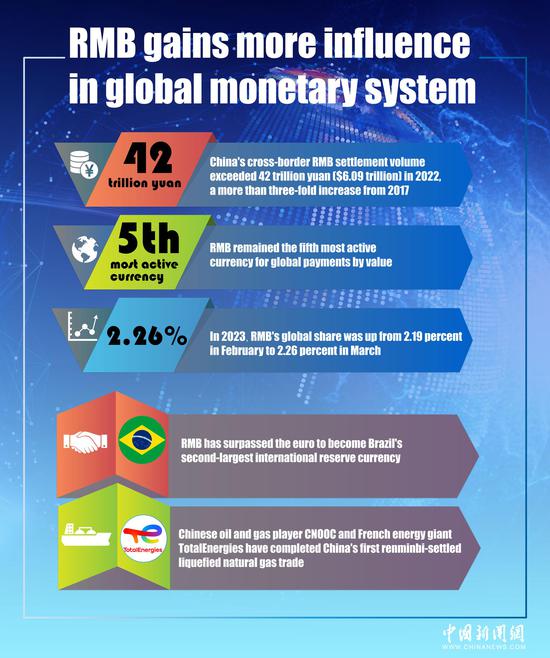
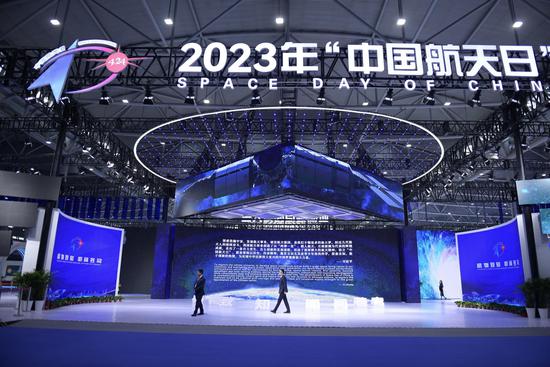







 京公网安备 11010202009201号
京公网安备 11010202009201号